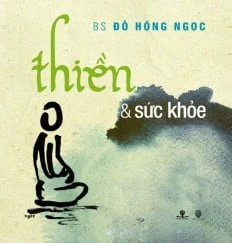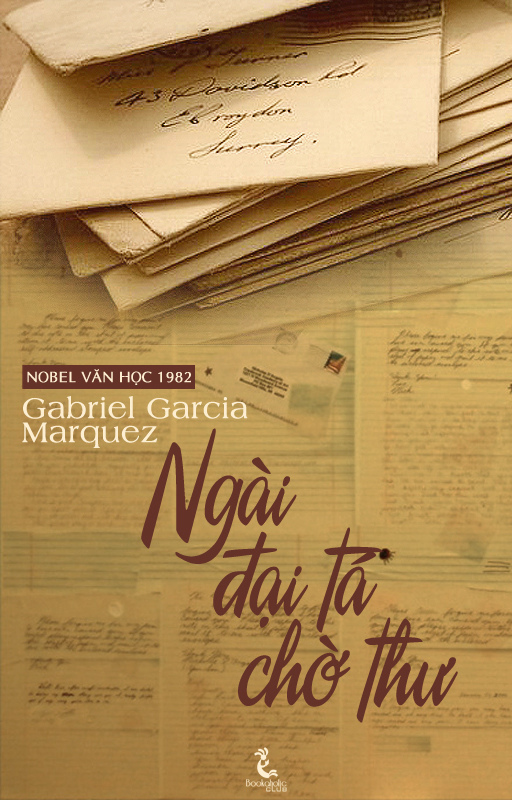South of the Border, West of the Sun: A Murakami Masterpiece of Melancholy and Longing
Haruki Murakami’s South of the Border, West of the Sun is not a typical Murakami novel, yet it remains quintessentially him. While lacking the surreal flights of fancy found in some of his other works, it delves deep into the melancholic heart of longing, loss, and the elusive nature of time and memory. It’s a quieter, more introspective novel, but no less powerful for its restraint.
The story centers on Hajime, a middle-aged businessman leading a seemingly comfortable life, but haunted by the ghost of his first love, Shimamoto. Their youthful romance, vibrant and passionate, is revisited in fragments, interspersed with Hajime’s present-day life, creating a haunting juxtaposition of past and present. The narrative jumps seamlessly between these timelines, weaving a tapestry of memory and regret. Murakami expertly uses this non-linear structure to reveal the complexities of Hajime’s character and the enduring power of his unspoken feelings.
While the plot might seem simple on the surface – a man grappling with the loss of his first love – the depth lies in the exploration of themes far more profound. Murakami masterfully portrays the ephemeral nature of love and the lingering impact of past choices. The novel is saturated with a sense of wistful nostalgia, a melancholic beauty that resonates long after the final page is turned. The feeling of a life lived half-heartedly, the weight of missed opportunities, and the haunting presence of what could have been, all hang heavy in the air.
However, the novel isn’t solely focused on sadness. There are moments of quiet beauty, lyrical prose that evokes a sense of place and emotion. Murakami’s characteristic blend of realism and magical realism is subtly present, adding an ethereal quality to the story. The recurring motifs of jazz music, dreams, and unexplained occurrences add layers of depth, hinting at the mysteries of the human heart.
South of the Border, West of the Sun is a rewarding, if sometimes emotionally demanding, read. It’s not a book for those seeking fast-paced action or clear-cut resolutions. Instead, it’s a profound meditation on love, loss, and the enduring power of memory. It’s a book that stays with you, prompting introspection and a poignant understanding of the complexities of the human experience. For those familiar with and appreciative of Murakami’s style, this is a must-read. For newcomers, it offers a slightly different, but equally compelling, entry point into his unique and captivating world.


 Đang tải dữ liệu
Đang tải dữ liệu









Chia sẻ ý kiến của bạn